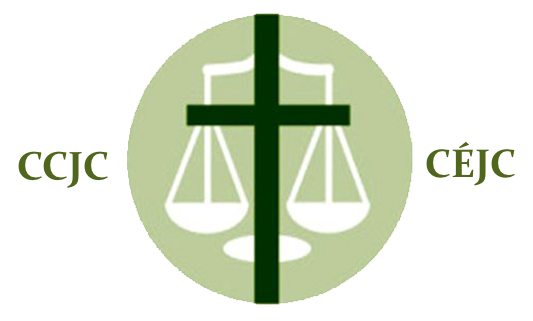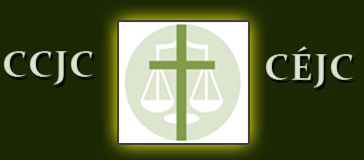29 March 2011
The Government of Canada has proposed to increase the fee for a pardon application from $150 to $631 – a decision which will make it much more difficult for former offenders to lead full and productive lives as members of society and which undermines restorative, rehabilitative aspects of justice.
In February, the CCJC sent out an Alert to our network, inviting people to write to the Parole Board of Canada (PBC) regarding this proposed increase during the period of public consultation (Feb 1 -27) as mandated under the User Fee Act. Many people in the CCJC network responded and wrote to the Parole Board. Several have since contacted us expressing dissatisfaction with the response they received from the PBC, which includes the following:
“In response to the comments you have submitted, the PBC recognizes that pardons assist individuals to secure jobs, enroll in educational programs, travel, reduce their reliance on social programs, and encourage them to lead law-abiding lives. The proposed increase will ensure the effectiveness and long-term sustainability of the pardons program so that applicants can continue to benefit from the opportunities a pardon provides. Without additional funding, the program is currently unsustainable.”
The president of the CCJC Board is personally filing an appeal to the Parole Board. We do not feel that this response adequately addresses concerns about the burden which the fee increase will place on reformed offenders. The response also does not explain clearly how the fee increase was determined, the current costs and the projected revenue.
If you intend to appeal and would like more information or assistance in naming a representative to the panel of appeal, or if you have already filed an appeal, please let us know so that we may speak in solidarity with one another and together request that the PBC act with justice and compassion towards those to whom this fee increase will unduly burden and harm.
Without a pardon, a person’s chance of finding decent work is extremely limited – and we know that lack of employment is very highly correlated with the likelihood to re-offend. Unpardoned, they continue to live with stigma and oppression, exacerbating such things as low self-esteem and social isolation. Unpardoned, they are more likely to require welfare or return to criminal activity, both of which are a far greater cost to citizens and communities than that of subsidizing the cost of processing pardons.
Pardons do not mean that criminal records are erased, but that certain information is removed from public record so as to improve a person’s chances of obtaining employment and reintegrating into society. Pardons can only be applied for after the expiry of a sentence, which means people have paid all restitution orders, served their time and satisfied their probation orders.
For more information:
Parole Board of Canada, “User Fees and Service Standards For the Processing of Pardon Applications Discussion Paper”, February 2011.
?

